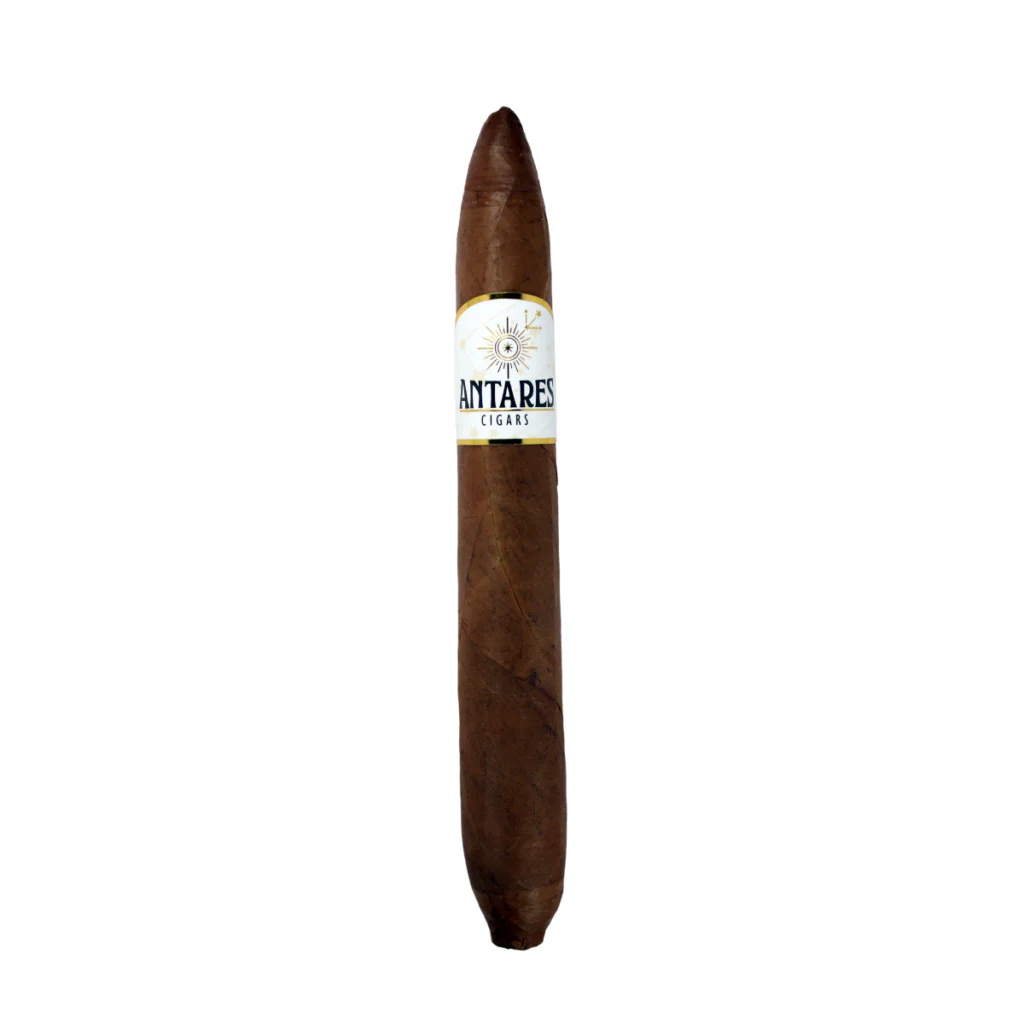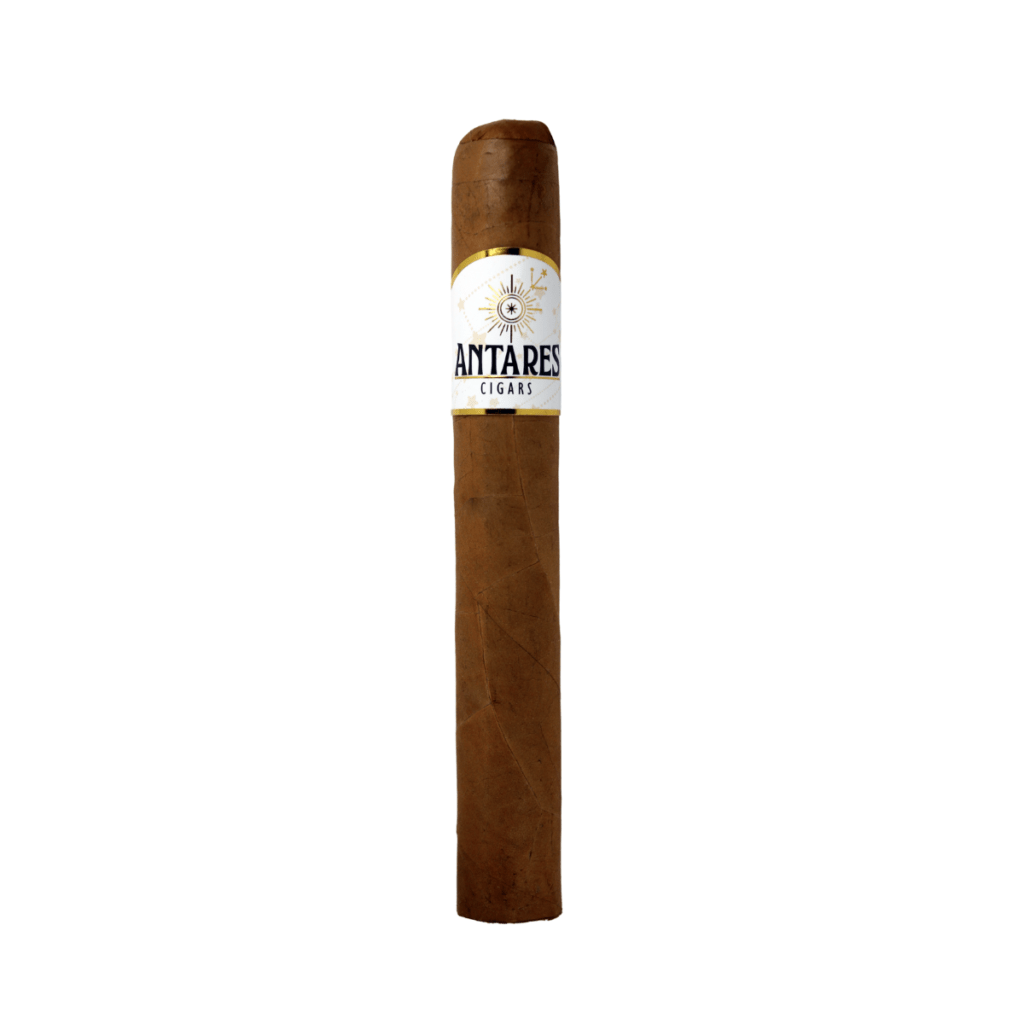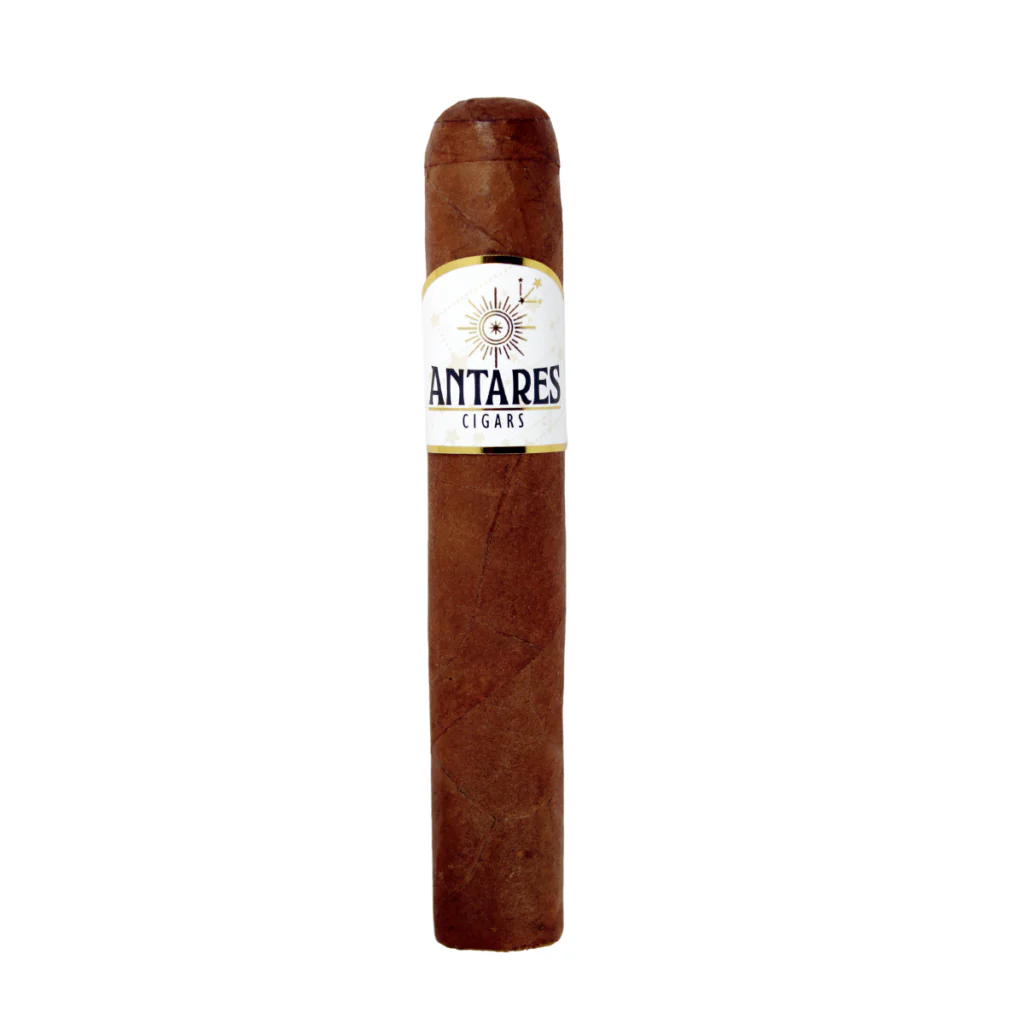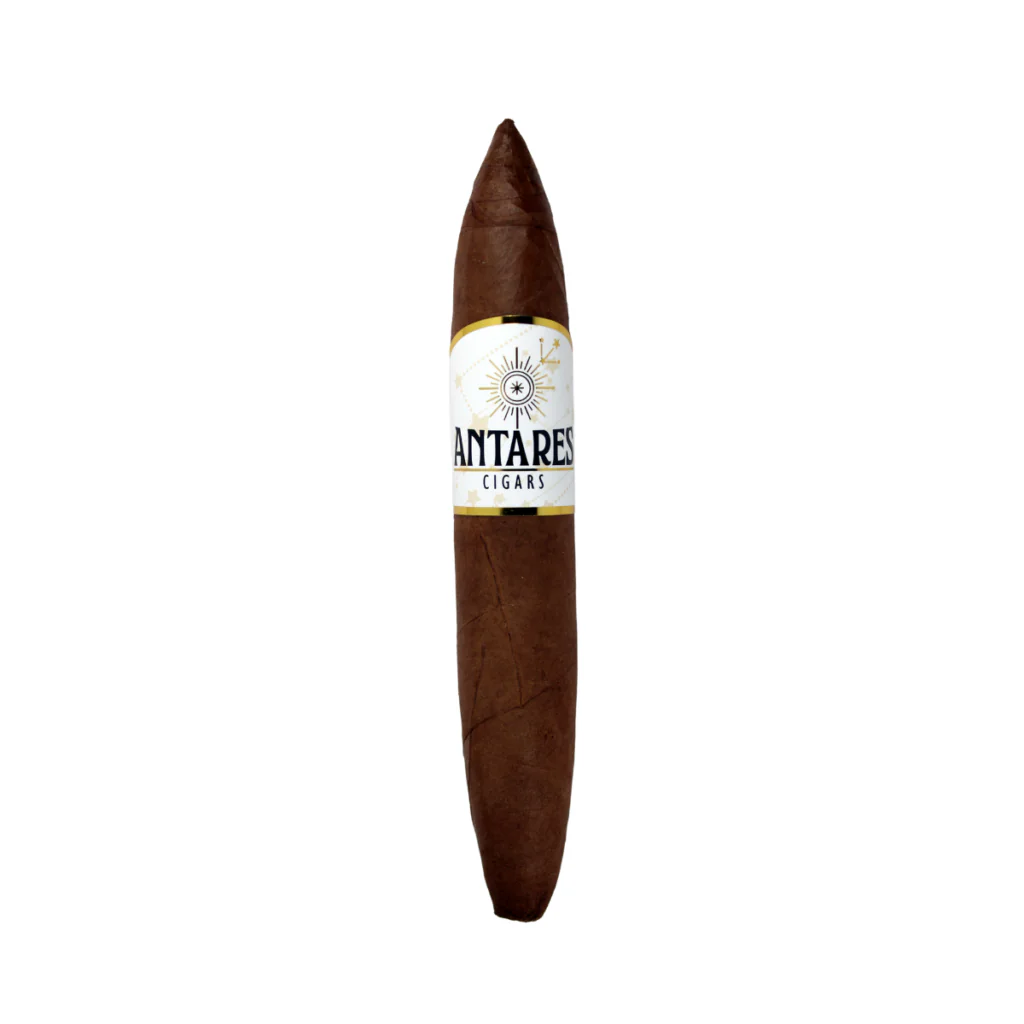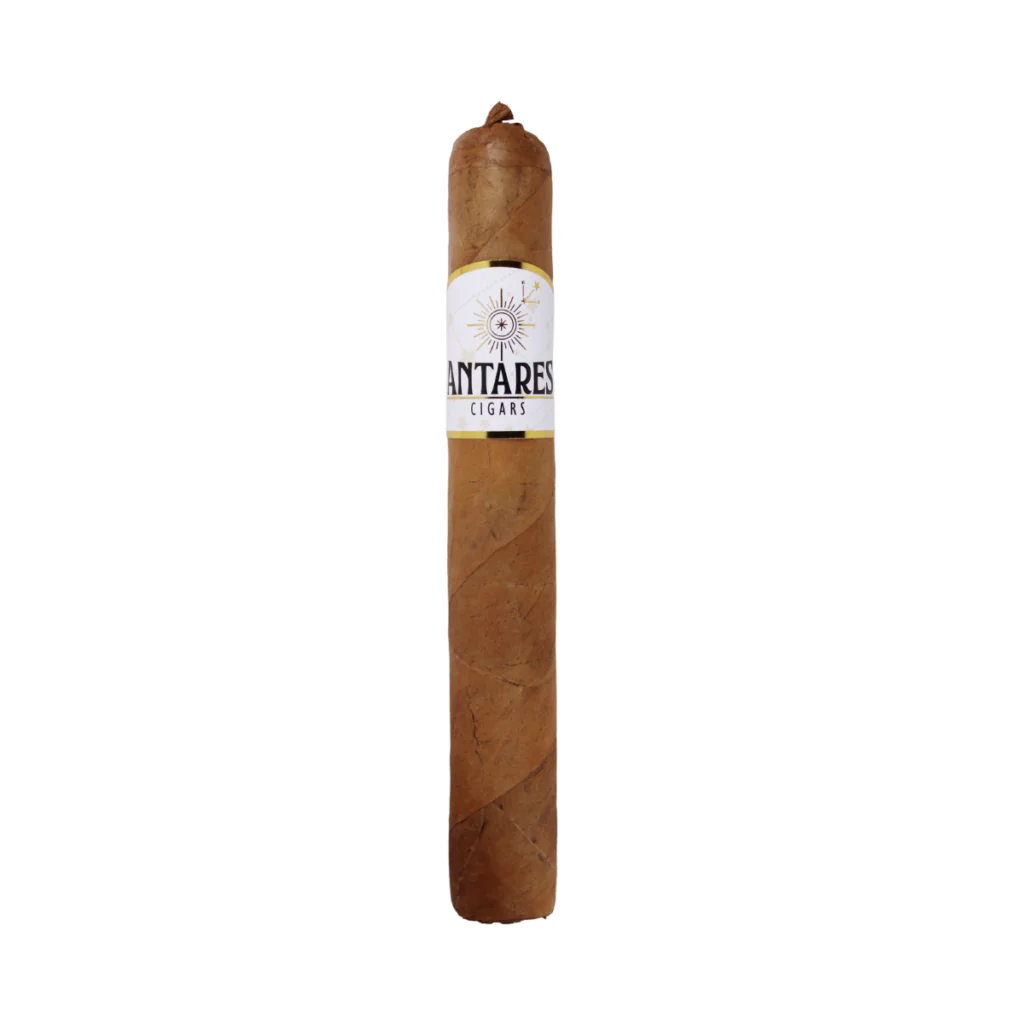Cigar smoking has a rich and storied history that dates back thousands of years, deeply intertwined with the cultural and social traditions of humanity. Its journey from ancient rituals to a modern symbol of sophistication and leisure is a testament to the enduring allure of tobacco and its cultural significance.
Ancient Beginnings: The Indigenous Roots of Tobacco Use
The origins of cigar smoking trace back to the indigenous peoples of the Americas, where tobacco played a central role in daily life, spirituality, and tradition. Archaeological evidence suggests that native tribes, such as the Taíno people of the Caribbean and the Mayans in Mesoamerica, were among the first to cultivate and use tobacco. These communities smoked tobacco by rolling it in leaves or using ceremonial pipes.
Tobacco held a sacred status in many indigenous cultures, often used in rituals to communicate with the spiritual world or as offerings to deities. It was also believed to have medicinal properties, used in healing practices to alleviate pain, ward off evil spirits, or promote well-being. The Mayans even depicted tobacco use in their art, with ancient carvings showing individuals smoking rolled tobacco leaves.
Tobacco’s Arrival in Europe
The global journey of tobacco began in 1492, when Christopher Columbus and his crew arrived in the Americas. The explorers observed the indigenous practice of smoking tobacco and brought the plant back to Europe. Initially, tobacco was viewed with curiosity and was primarily used for medicinal purposes. Physicians and herbalists of the time believed it had healing properties, prescribing it to treat ailments such as headaches, toothaches, and respiratory issues.
By the mid-16th century, tobacco’s recreational appeal began to grow. Smoking evolved into a popular pastime among European elites, with the Spanish and Portuguese leading the way in cultivating and trading tobacco. It wasn’t long before the practice spread across the continent, reaching England, France, and beyond.
The Birth of the Cigar
The cigar, as we recognize it today, began to take shape in the 17th century. While the exact origin is debated, many credit Spanish influence, particularly in Cuba, for refining the art of cigar-making. Cuba’s fertile soil and favorable climate created the perfect conditions for growing premium tobacco, establishing the island as a hub for high-quality cigars.
Initially, cigars were handmade and reserved for the wealthy due to their labor-intensive production. Smoking a cigar became a status symbol, associated with power, affluence, and sophistication. By the 18th and 19th centuries, cigar culture flourished, with factories employing skilled rollers to meet the growing demand.
Cigars in Modern Culture
Today, cigars occupy a unique space in global culture. They are synonymous with luxury and celebration, often associated with milestones, achievements, and leisure. Beyond their symbolic value, cigars are a craft, with enthusiasts appreciating the artistry involved in their production—from the careful cultivation of tobacco to the meticulous rolling and aging process.
The Global Cigar Industry
Cigar production remains a thriving industry, with renowned regions like Cuba, the Dominican Republic, Nicaragua, and Honduras leading the market. Each region offers distinct flavors and characteristics, reflecting the soil, climate, and craftsmanship unique to its locale.
Premium cigars, often referred to as “handmade cigars,” are celebrated for their complexity and quality. They’re a testament to centuries of tradition and innovation, with master blenders and rollers dedicated to preserving the heritage of cigar-making.
Cigar Smoking Etiquette and Culture
Cigar smoking has also cultivated its own etiquette and traditions. Whether enjoyed in a cigar lounge or during a private gathering, smoking a cigar is often seen as a social ritual. Enthusiasts emphasize the importance of savoring the experience, appreciating the flavor, aroma, and craftsmanship of each cigar.
Conclusion
The history of cigars is a journey through time, culture, and craftsmanship. From their sacred role in ancient rituals to their modern-day status as a symbol of luxury, cigars have left an indelible mark on human history. Whether you are a seasoned aficionado or a curious beginner, exploring the world of cigars is a celebration of tradition, artistry, and the enduring human spirit.
Recommended for You
- Select options This product has multiple variants. The options may be chosen on the product page
- Select options This product has multiple variants. The options may be chosen on the product page
- Select options This product has multiple variants. The options may be chosen on the product page
- Select options This product has multiple variants. The options may be chosen on the product page
- Select options This product has multiple variants. The options may be chosen on the product page
- Select options This product has multiple variants. The options may be chosen on the product page



